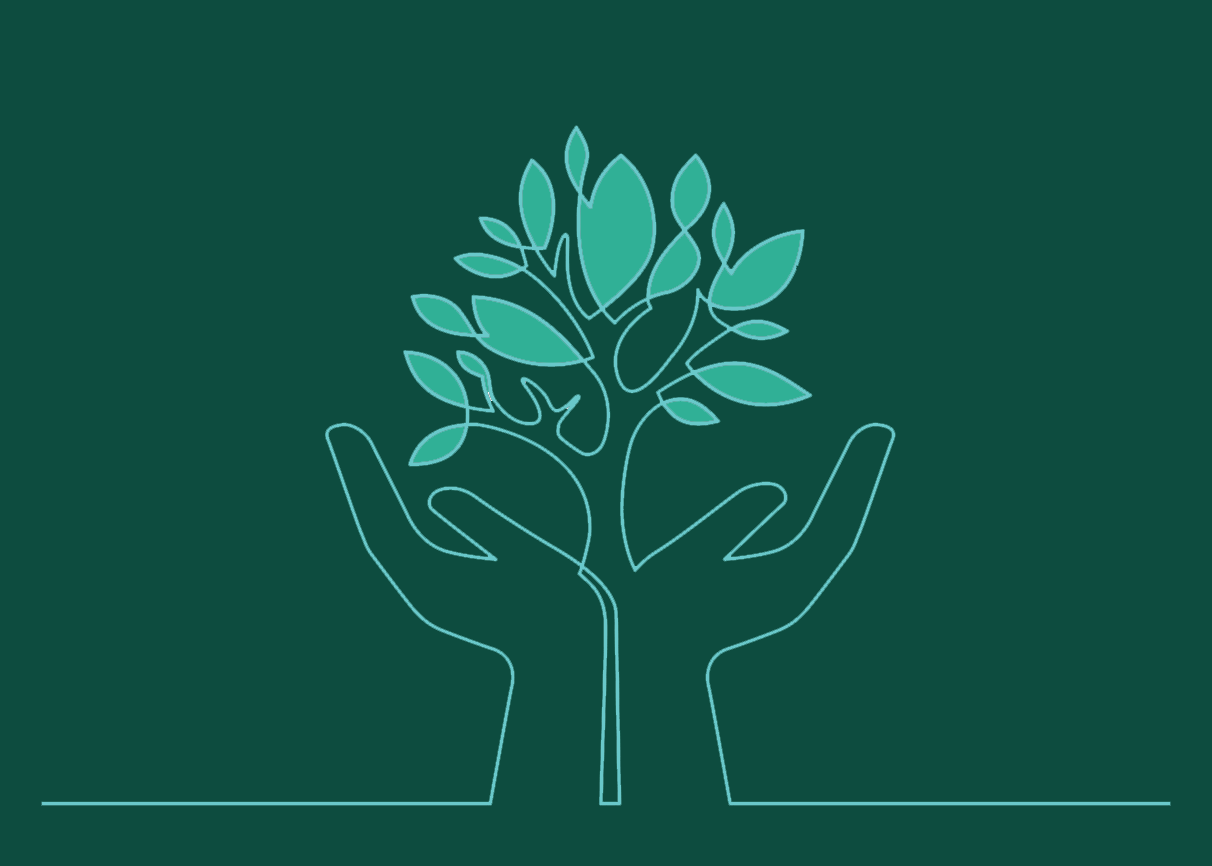
An exploration mindset can help ease students’ anxiety about their future
January 21, 2022
How mindsets helped two newcomers find their fit in career services
January 21, 2022Asking kids what they want to be can contribute to a fixed mindset that is misaligned with the current economic landscape
Fanie Zis
 “I don’t know what I want to be when I grow up. Still.”
“I don’t know what I want to be when I grow up. Still.”
This is what I heard from a distressed client who had two bachelor’s degrees, had just completed law school and had reported high levels of job dissatisfaction throughout her life, and now again in her new role as a lawyer in family law.
She was 43 years old.
Like many people, my client had been asked the question “What do you want to be when you grow up?” repeatedly in her childhood. Our interaction inspired me to explore this question, which is often asked at a very early age and throughout adolescent development. I wanted to better understand its effect on our mindsets – a mental attitude or state of mind, a set of beliefs, values and attitudes about oneself and the world.
This article will explore the potential problems associated with this question and accompanying mindset. It will also look at how you as a career professional can help clients discover and nurture a different mindset – one that aligns with the outer world of work, yet holds true to the client’s values, thus increasing their chances to have a healthy career development journey.
The question and the mindset
Although the “what do you want to be?” question has good intentions – such as promoting goal setting, career exploration and planning – it can also contribute to the following potential problems:
- Does not align with the realities of the current economic landscape and labour market
- Assumes the person’s skillset, interests, values and motivators will stay the same
- If the “career for life” or established vocational identity has not been set, then there is something wrong with them
- The occupation a client selects as a child may no longer exist when they are “grown up” will have changed substantially or it may not exist yet
- The concept of grown up is subjective, unclear and fixed. It assumes that grown up is a universal life stage where certain “markers” need to be met
- Puts too much emphasis on defining self as what you do, not other areas of self-identity
- Can contribute to mental health issues, low levels of job satisfaction, poor sense of well-being
However, the problem is not so much the question but the mindset the question cultivates. As soon as we start asking the question, we create a foundation for a mindset that does not offer a supportive framework for career development.
Read more
Client Side: You don’t need an ‘in-demand degree’ to be successful
Overcoming limiting beliefs can help clients move forward in their job search
Pandemic prompts mindset paradigm shift around ‘return to work’
Mindsets can be classified as “fixed” or “growth,” a concept developed by psychologist Carol Dweck. A fixed mindset is one that is rigid and believes that intelligence, learning, personality and ability are fixed, with no room for development. A growth mindset is one where these factors can grow with time and experience. The concept of “not yet” is also introduced in Dweck’s theory. So, in response to someone asking, “What do you want to be when you grow up?”, a growth mindset may respond, “I don’t know. Not yet.”
This question can contribute to a fixed, outdated mindset, which is not in line with the current growth-based economic landscape. There is thus a mismatch in mindsets. To better illustrate this, here is what this might look like if these mindsets could talk:
Fixed mindset
- “I have to figure out what I am going to be when I grow up.”
- “I am not considered grown up until I find a career and stick with it.”
- “The career I choose in high school must and will be the one I have for the rest of my working life.”
- “If I don’t like my career when I am grown up, there is something wrong with me”
- “Grown up is a destination.”

iStock
Growth mindset
- “What I want to be now may change later on and that’s okay.”
- “What I choose now may cease to exist in the future.”
- “I am in control of my career development.”
- “I will need to continuously learn new skills even though my job title may stay the same.”
- “Grown up is not a destination, it’s about the ongoing process of growing.”
At the same time, the economic landscape and labour market would be saying things like, “I’m here today, gone tomorrow”; “Provide your own job security”; and “Ongoing learning and development are a necessity.”
The growth mindset responds to that reality, whereas the fixed mindset might be unprepared for changes in the economic landscape.
3 ways to help clients cultivate a career mindset shift
Your client cannot control the world around them, but they can choose their mindset. These strategies can help clients move past the binary thinking of the “what do you want to be when you grow up?” question and toward a more fulfilling exploration of career.
- Evoke awareness: Help your client understand their own mindset. What are some of their values, beliefs and attitudes about career development? How is their mindset shaped by societal, cultural and familial influences? How is this mindset helping them/not helping them?
- Challenge their current mindset: To change a mindset, you need to challenge it. Strategies could include:
a. Learning about career development theories, such as Dr. Jim Bright’s Chaos Theory and John Krumboltz’s’ Planned Happenstance, to introduce the client to new ideas.
b. Connecting with others to learn about their career pathways through informational interviews. What are some of the client’s findings? What can the client learn and draw from this experience?
c. Changing the question. Instead of “what do you want to be when you grow up?” try:
- In what ways would you like to grow?
- If you could create any job you wanted, what would this look like?
- What roles would you like to take on?
- Who do you want to be?
- After you’ve reached “grown up,” what will you have accomplished and where will you be?
- Help them get out of their comfort zone
Having a particular mindset, especially one that is fixed, can feel comfortable, even if it is not the most effective mindset for a particular situation. You can help your client step out of their comfortable, fixed mindset by encouraging them to embrace fear, facilitate learning and thus enter a growth zone, which could lead to a new mindset. What is comfortable/uncomfortable is subjective and can include anything the client is willing to do that helps them face their fear and discover new territory. Suggested strategies will vary but some ideas may include: trying something new (task, course, hobby), implementing one change in their daily routine, identifying a fear and taking one step toward facing it.
These strategies offer a starting point for career professionals to help clients let go of current attitudes and beliefs that are not serving them. We can support them to explore what it is like to live life through a different mindset – one that involves accepting a constant state of learning, understanding and living out their values.
And please, let’s help prepare the next generation for a successful career and do away with asking “What do you want to be when you grow up?” Growth never stops, and by cultivating a mindset that accepts constant change, we can learn to sit in the unknown and to keep exploring.
Coming from a background in psychology, counselling and career development, Fanie Zis is a Professional Certified Coach with the International Coaching Federation (ICF). Zis works as a Life Smart Coach for Homewood Health’s EFAP program and as a freelance life and career coach, working with clients by supporting them through personal and professional development and life enhancement processes.

